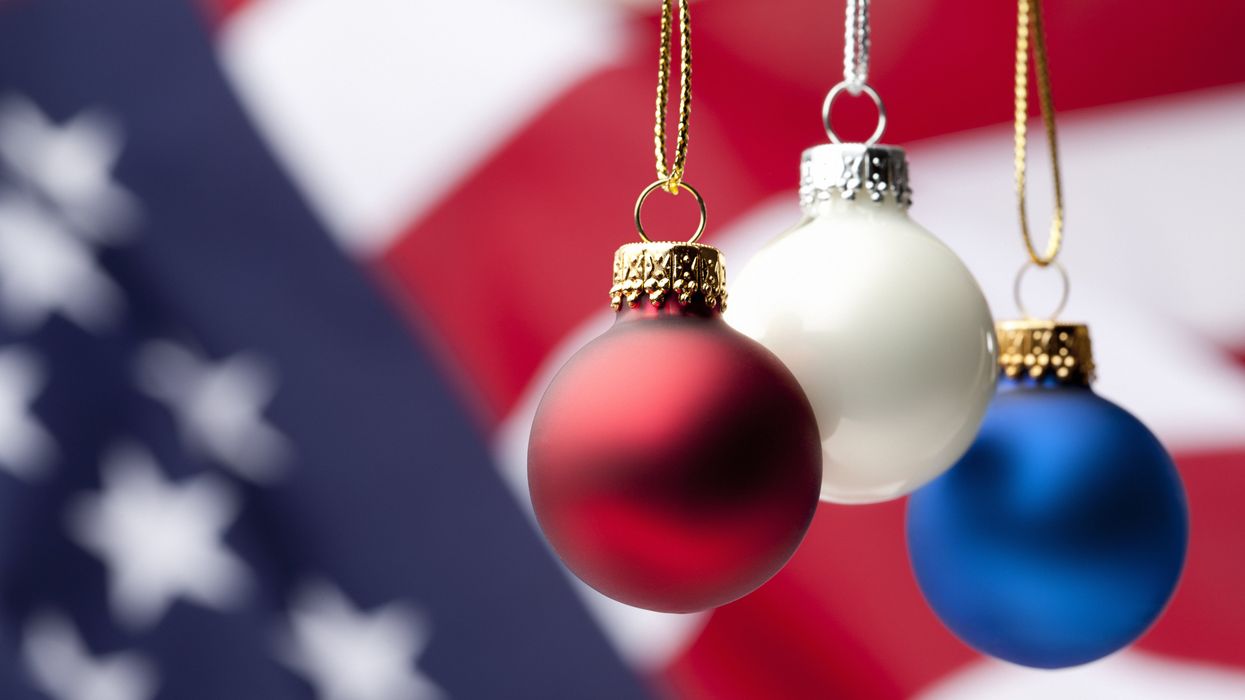Christmas is such a fixture of American culture, it is hard to believe that this was not always the case. When the Puritans arrived on these shores, they had no interest in celebrating a day they saw as an ostentatious invention. Jumping ahead to 1789, the first year of the republic, Congress met in session on Dec. 25 like it was any other day.
Following that early chapter in American history, Christmas slowly and steadily took hold on the national calendar, especially as waves of immigrants brought their traditions to this continent. During the Civil War, Christmas day was embraced as a brief respite from the battlefield.
Elected president in 1868, Gen. Ulysses S. Grant was as committed to peace as he was vigilant about war. Having witnessed firsthand the ravages of the Civil War, he believed that the creation of a civic calendar could become a vehicle to bring the North and South back together.
On June 28, 1870, Grant signed legislation making Christmas a federal holiday, along with New Year’s Day, Thanksgiving, Washington’s Birthday and Independence Day. Of these first five federal holidays — at first only mandated within the District of Columbia — Christmas was certainly the most religious in nature, but the legislation framed the day as a day off from work rather than a spiritual celebration. At a time when the memories and wounds of the Civil War were still fresh, Grant understood that the creation of a unified calendar would be the cornerstone of a shared civic culture. Furthermore, he hoped that even more important than the time off would be the time spent on identifying common values that could assist in healing the soul of the country.
Despite Grant’s assertion that we “keep the church and state forever separate,” his inclusion of Christmas invites questions about the place of religion in the public square and the establishment clause. With these issues having once again taken center stage in our national conversation, it is vital that educators, students and all members of American society understand the parameters of the First Amendment.
The intended impact of civic holidays has changed dramatically since the Grant administration. Perceived essentially as days off from work and school, civic holidays have been diluted as vehicles of transmitting values and building communal bonds. The Uniform Monday Holiday Act of 1968, for example, shifted several federal holidays to Mondays, thereby connecting these days with long weekends and holiday sales.
While the observance of civic holidays does not always live up to Grant’s vision, Civic Spirit, the organization for which I work, embraces these days as vital educational opportunities. In addition to producing civic holiday resources for classrooms and dining rooms around the country, our team works with schools to reimagine how they approach civic holidays. This effort is of the utmost importance as we near America’s 250th anniversary in just 18 months.
Turning the page on 2024, we look forward to working with schools nationwide to deepen student’s understanding of America’s story, put civic values into practice and create community connections. I can’t think of a better gift during this holiday season.
Savenor is a rabbi and executive director of Civic Spirit, a nonpartisan organization that provides training and resources to faith-based schools across the United States.




















